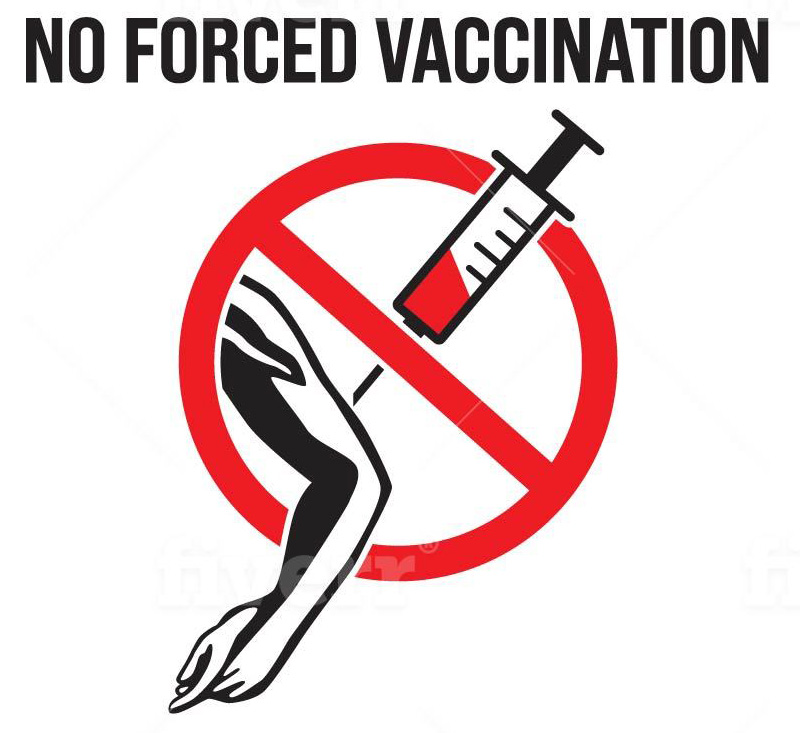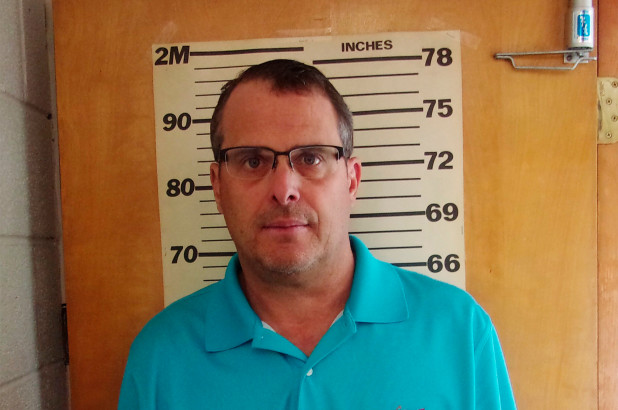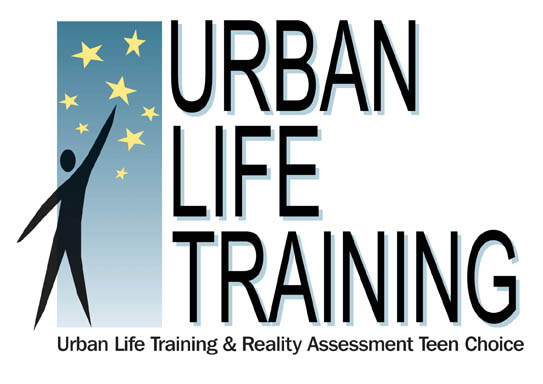- Details
- Category: Vaccines

- Vaccination is a medical intervention. United States law considers vaccines to be “unavoidably unsafe”.1 All medical interventions must be freely chosen. There are 26 doses of 11 vaccines currently required by West Virginia Law for school attendance.2 The VAERS database has cumulatively recorded 60, 396 serious adverse reactions requiring hospitalization and 6913 deaths nationwide for these vaccines,3 with the actual figures being 10 times to 100 times greater, due to under and misreporting (600,396 to 6,003,960 serious adverse reactions and 69,130 to 691,300 deaths).4 The Vaccine Court has awarded $4.2 billion in compensation for vaccine injuries.5 No randomized controlled studies have ever been done comparing vaccinated to unvaccinated populations. No one has presented scientific data that proves that any given vaccine is more beneficial than harmful. A recent analysis has proven that the DTP vaccine, used in the United States until 1996 and still in use throughout the world IS more harmful than beneficial.6 Dr. Peter Aaby, a world renowned researcher states “I think it’s important to recognize that no routine vaccine was tested for all the effect on mortality in randomized trials before being introduced. I guess most of you think that we know what all our vaccines are doing, we don’t. “7
- The vaccine industry is fraught with conflicts of interest. Doctors, who are members of the American Medical Association or the American Academy of Pediatrics, have an inherent conflict of interest. They belong to associations that oppose any non-medical vaccine exemptions.8,9 At the same time, they make money by vaccinating their patients. Pharmaceutical companies and medical associations give donations to both local and national candidates. Pharmaceutical companies generate $50 billion in sales from vaccines, up from $750 million in 1986 before Federal law stopped individuals from being able to sue pharmaceutical companies; an increase of 67 times.10 State mandates insure a steady stream of income for pharmaceutical companies, no advertising needed. Julie Gerberding, now Executive Vice President of pharmaceutical giant Merck, was director of the Centers for Disease Control, the agency responsible for overseeing vaccine safety and recommending vaccines, from 2002 to 2009.
Read more: Eight Facts About Forced Vaccination in West Virginia
- Details
- Category: Vaccines

Senator Mike Maroney, the chair of the West Virginia Senate Health and Human Services Committee, was arraigned on Wednesday, August 28th, 2019 on charges of conspiracy, house of ill fame and assignation and prostitution. He is accused of soliciting sex from a woman after allegedly arranging at least two encounters with her in his hometown of Glen Dale WV. Mike Maroney is a medical doctor who practices radiology at Radiology Associations in New Martinsville, WV.
Is there a correlation between the moral corruption of Dr. Maroney and his actions as a West Virginia Senator? As chair of the Health and Human Services Committee during the 2019 legislative session, he refused to allow SB 454, which will provide religious and conscientious exemptions from vaccination to West Virginia parents, to have a hearing and be released for a vote in the WV Senate.
In fact, the exact same thing has happened 29 times out of 34 exemption bills introduced in both the WV House and WV Senate over the past 19 years. Twenty Nine times, the bills died in the Health and Human Resources Committee, whether in the House of Delegates or in the Senate. Only one bill was approved by the Senate, but rejected by the House in 2003. That bill originated in the Judiciary committee. It should be noted that the Health and Human Resource committees are most always chaired by doctors, who are, by definition, conflicted regarding the issue of vaccination mandates.
Read more: Senator Mike Maroney and the Moral Bankruptcy of West Virginia Legislative Leadership
- Details
- Category: Vaccines

A hearing was held by the District of Columbia Council on June 26, 2019 on Bill B23-0171, Minor Consent for Vaccinations Amendment Act of 2019
Here is the bill summary - "As introduced, this bill permits a minor of any age to consent to receive a vaccine where the vaccination is recommended by the United States Advisory Committee on Immunization Practices. It also establishes that if a minor is able to comprehend the need for, the nature of, and any significant risks inherent in the medical care then informed consent is established."
What! A minor of any age can consent to a vaccination. This is an outrage. What are the DC Council members thinking? Of course, we should not be too surprised, as 12 year old girls can already get on abortion in Washington DC without parental consent! DC residents, call and email your DC Council Members, in your Ward and at Large Councilmembers offices, to express your outrage: https://dccouncil.us/councilmembers/. You can watch the public hearing held on June 26, 2019 here: http://dc.granicus.com/MediaPlayer.php?view_id=2&clip_id=5105.
At 23:35 CM Mary Cheh opines about using this bill as an opportunity to "make sure we have the highest levels of vaccination possible". Maybe Ms. Cheh should learn from West Virginia, which has one of the highest vaccination rates in the nation due to its no school without vaccinations and no vaccination exemptions policy. Unfortunately, West Virginia ranks 39th, with one being the best, in infant mortality. Just maybe there is some connection to the refusal to provide any vaccine exemptions.
And make no mistake, this is not at all about children's health, but about taking away parents’ rights to decide what is best for their children. Specifically, there is a desire to punish religious parents. Check out 25:45 in the video. The very first testimony is from is from Allison Gill, vice president for legal and policy at American Atheists. That should raise eyebrows right away. Why is the American Atheist society so big in pushing vaccines? Ms. Gill says “American Atheists is a national organization set up to protect the wall of separation between religion and government". Wrong. The first amendment begins with “Congress shall make no law respecting an establishment of religion, or prohibiting the free exercise thereof. There is no wall of separation, which is a mischaracterization of words in a letter written by Thomas Jefferson. Rather, it is Ms. Gill's organization that is infringing on the free practice of religious beliefs. The first amendment is written to prevent the establishment of a state religion, and to allow the free exercise of religion. Ms. Gill has it backwards. The proposed mandates of this bill are prohibited by the first amendment. They are also prohibited because parents are the primary caretakers of their children, not a coercive state.
Read more: Update on forced Vaccination in Washington DC and West Virginia
- Details
- Category: Vaccines
Does the HPV Vaccine Kill You?
By Sarah Urban
Teens, Parents, Young Adults, Abstinence Advocates do you want to know more about the HPV Vaccine and its paralyzing side effects and even some cases death then please click this article. http://www.teenvogue.com/story/gardasil-hpv-vaccine-safety
An eleven year old girl in Ireland received two shots of HPV Vaccine. HPV stands for Human Papilloma Virus and is a sexually transmitted disease. When you receive the HPV Vaccine known as Gardasil there are three shots. After the first shot she experienced the flu like symptoms and after second shot she experienced pneumonia, weight loss, muscle wastage and was permanently paralyzed. The girl’s mother refused her to get the third shot of Gardasil and filed a lawsuit. Not long after this incident she found a group of parents whose children have had similar experiences with the Gardasil vaccine. Together they formed a group called REGRET (Regret and Effects of Gardasil Resulting in Extreme Trauma.) According to the article two girls also have died two weeks after receiving the HPV Vaccine, one in Canada and one in the U.S. Parents have also filed lawsuits in the U.S. and other parts of the world. It is great that parents are forming groups and fighting the HPV vaccine because the people who made this vaccine and are making money off it should go to jail for murder. The best thing for teens, parents, is tell to them to be abstinent from sex before marriage. If teens are abstinent they will not get STDs and therefore will not need to receive the HPV vaccine. Below this summary there some videos of more victims who have died and teens who have experienced paralyzing side effects after receiving the deadly and disabling HPV vaccine.
https://www.youtube.com/watch?v=O7LH9TRCHuA
https://www.youtube.com/watch?v=KB2ZvCWXSY0
https://www.youtube.com/watch?v=WCA5haGU6sI
- Details
- Category: Vaccines
What You Should Know About the HPV Vaccination and the Reporting Act of 2007
A Bill that Requires the HPV Vaccine for 10-13 Year Old Girls in DC
Do I have to give my child the HPV Vaccine for her to enter DC Public Schools?
NO! You can opt out for any reason. As a parent or guardian, you must sign this opt out form and present it to your child's school. Sexual abstinence is the preferred method of not contracting HPV or any other sexually transmitted disease, especially for 11 year old girls!
Why is it a bad idea to get my child vaccinated with the HPV vaccine?
There have been 13,758 reports of adverse reactions to this vaccine as of May 30, 2009. Of this number, 7% or almost 1000 were serious reactions. This includes 42 deaths as of June 16, 2009, and numerous cases of paralysis. Please watch these videos:
Editor's Note (there are three updated videos and more videos on these Youtube video pages on why HPV Vaccine is lethal and the impact is harmful and sometimes was deadly.)
HPV Vaccine Proves Lethal to 47 Girls Now Dead
HPV Gardasil Vaccine Victims and Deaths
The Dangers of the HPV vaccines Gardasil & Cervarix (HPV Vaccination Side Effects Cervical Cancer)
Here is the Report about the 42 Deaths
Judicial Watch on Gardasil Information Page
US News and World Report Blog and Comments(Be sure to read the comments)
What is the HPV vaccine?
The Human Pappiloma Virus (HPV) vaccine is a drug heavily advertised as Gardasil and is manufactured by Merck Pharmaceutical Co., which promotes the vaccine as a protection for girls against cervical cancer. Merck is also the maker of the infamous pain killer Vioxx, which was pulled off the market after it was shown to increase the risk of heart attacks and strokes. Merck faces 27,000 lawsuits resulting from the use of Vioxx. Like Vioxx, the HPV vaccine has not been thoroughly tested. Women and girls who receive vaccine still need to get regular Pap smears.
How many Washington, DC women die of cervical cancer each year?
On average, 8 women die from cervical cancer each year in Washington, DC.
Why is HPV vaccine on the list of vaccinations for incoming 6th grade girls in Washington, DC?
This bill was co-sponsored by David Catania and Mary Cheh. Seven DC city councilmembers voted for this vaccination, only one more than legally required to make it a law. This bill violates the medical principle that vaccinations are to be required for diseases that can be transmitted in social settings such as schools by being in close proximity to others who may be infected. However, there is no chance of getting infected with the HPV vaccine without sexual contact. At the time that the bill was passed in 2007, two council seats were vacant. Here is how the councilmembers voted:
|
Marion Barry
Vote: Yes |
Kwame R. Brown
Vote: NO |
|
David Catania
Vote: Yes |
Mary M. Cheh
Vote: Yes |
|
Jack Evans
Vote: Yes |
Jim Graham
Vote: PRESENT |
|
Vincent C. Gray
Vote: Yes |
Phil Mendelson
Vote: Yes |
|
Carol Schwartz
Vote: NO |
Harry Thomas
Vote: NO |
|
Muriel Bowser
Vote: VACANT |
Yvette Alexander
Vote: VACANT |
|
Tommy Wells
Vote: Yes |
Will the vaccine prevent cervical cancer?
No one knows for sure. Women do not generally develop cervical cancer until they are in their late 40's or early 50's While initial research shows that the vaccine can protect against four strains of HPV that cause about 70 percent of the cases of cervical cancer, women must still get regular pap smears. The best way to prevent genital HPV infection is to refrain from any genital contact with another individual, or to have sex only in a mutually monogamous relationship with an uninfected partner(i.e. marriage).
The HPV vaccination program is part of the city's promotion of "prevention" programs that emphasize risk reduction through using condoms or HPV shots, while not encouraging the large number of youth who are staying sexually abstinent all the way through high school (42% in 2007).


